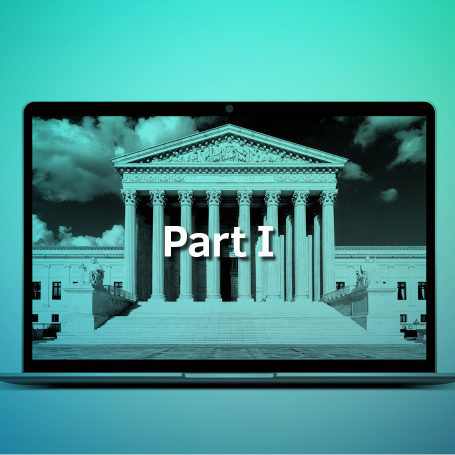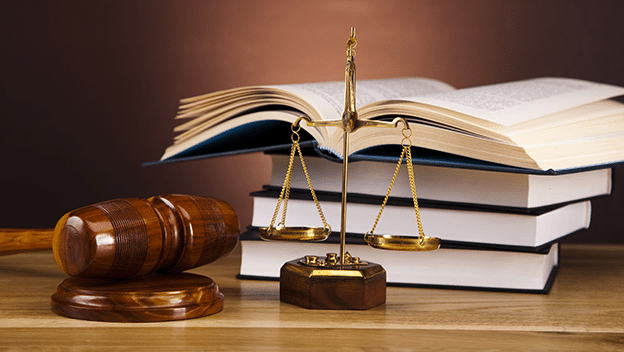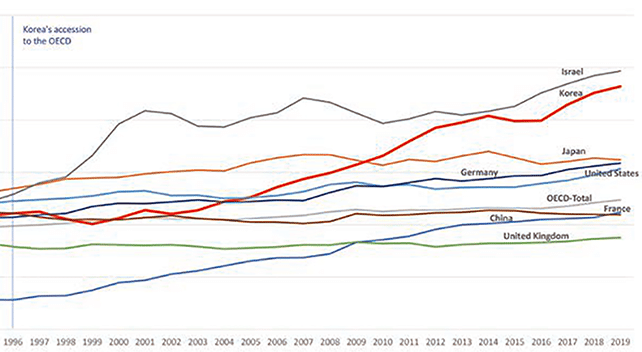The Courts and COVID-19: Alterations and Aftershocks

FRONTEO Commences Drug Repositioning Research on Novel Coronavirus (COVID-19) Using Best-In-Class AI
April 18, 2020
Data Preservation and Spoliation: How to Maintain Security in a WFH Environment
June 4, 2020
Part 1
In this two-part post we’ll look first at courts’ varied responses to the coronavirus (COVID-19) pandemic. Next time, we’ll examine the implications for different constituents, as well as what to expect when shelter in place restrictions are lifted.
Courts at every level have postponed, changed or canceled proceedings in response to the spread of coronavirus. The legal community is grappling with how to attend to client needs and litigation schedules when gathering in a room together is no longer an option. With guidance from courts changing daily, if not hourly, the ultimate effects of the COVID-19 pandemic on the administration of justice remains to be seen.
On March 27, the Coronavirus Aid, Relief, and Economic Security Act (CARES Act) became law. It includes several provisions related to the judiciary. Notably, it allows the chief judges of federal district courts to authorize the use of video or telephone conferencing to conduct certain criminal proceedings. The US Judicial Conference has temporarily approved the use of video and teleconferencing of certain criminal proceedings and teleconferencing for civil proceedings.
But there is no single solution nationwide. What we’re currently looking at is an evolving court landscape of risk, litigation, coverage and compliance.
Changes to court operations are being made on a rolling basis, with constant adjustments on a state-by-state basis and even from court to court within some states. However, according to the National Center for State Courts, the most common modifications being made by state courts to combat the coronavirus include:
- Restricting, suspending or canceling jury trials
- Generally suspending in-person proceedings
- Restricting entrance into courthouses
- Granting extensions for court deadlines, including deadlines to pay fees and fines
- Encouraging or requiring teleconferences and videoconferences in lieu of hearings
The Supreme Court’s historic decision to allow live audio has spurred more appeals courts to allow live public access to oral arguments, although appellate courts have generally not changed the format for their remote oral arguments. On May 4, after a two-month hiatus caused by the coronavirus epidemic, the Supreme Court used conference calling to resume hearing arguments for cases postponed due to shelter in place orders. In an unprecedented move, Ruth Bader Ginsberg took part in the second round of Supreme Court argument-by-phone on May 6 from her hospital bed.
Other courts and governmental bodies across the country are implementing coronavirus mitigation measures in their own ways. There are too many to list here, but consider this small sampling:
- In the case of grand juries, which necessarily bring people into close proximity and are subject to legally mandated time limits, the matter is addressed in different ways by different states. In the Western District of Pennsylvania, grand juries are suspended and time limits paused until the crisis subsides. The District Court for the Middle District of North Carolina canceled grand jury proceedings scheduled for March and has continued all civil and criminal jury trials scheduled to begin before April 16, 2020.
- Criminal case proceedings continue in the Western District of North Carolina with physical hearings subject to limitations. However, due to the difficulty of obtaining an adequate venire of jurors, any continuances are excluded under the Speedy Trial Act.
- In NYCAL, only essential filings can be filed: these don’t include summons and complaints. The statute of limitations on all actions has been stayed. But discovery is still progressing, with depositions being conducted via telephone and video conference and trial readiness conferences before the Special Master being conducted via telephone. Similarly, in upstate New York, conferences with the court and depositions are being conducted via telephone.
- Across California, state courts are implementing a variety of measures to curtail or completely shut down public activity. Following the California Supreme Court’s suspension of in-person oral arguments until "deemed prudent to resume normal measures”, at the end of April, the California Chief Justice issued a new statewide order that could delay some criminal trials until as late as mid-September.
- Both the Department of Justice and the Division of Enforcement of the Securities and Exchange Commission have gone to great lengths to assure the public that investigations and prosecutions would continue, using audio and video connections. Subpoenas continue to flow, though response times have in many cases been extended. Both the SEC and DOJ have announced that fraudulent activities relating to COVID-19 will be prioritized for enforcement activity. In fact, the SEC has already suspended trading in the securities of two companies over concerns about potential misinformation about the companies’ marketing rights to a COVID-19 treatment, as well as the effectiveness of one company’s product to treat COVID-19.
Helping address the complexities of so many, and so frequent, changes, a number of bodies offer compilations of COVID-19-related orders on special, pandemic-focused web pages. The National Center for State Courts includes a comprehensive ‘Coronavirus and the Courts’ summary; The United States Courts website provides a list of links to all federal court websites and court orders. Other resources include the National Governors’ Association and the National Conference of State Legislatures.
Closures, continuity and remote hearings
The U.S. Supreme Court building is closed until further notice but will remain open for official business purposes, with case filing deadlines remaining in place. Other appeal courts have introduced different measures. In the Federal Circuit Court of Appeals, all cases scheduled for argument during the April and May 2020 sitting will be conducted remotely. In addition, no physical hearings will be held during that period, and parties are no longer obliged to file paper copies of documents that have been lodged electronically.
These COVID-19-related court closures and the suspension of jury trials could raise constitutional concerns if they impact rights associated with access to court. At this time, however, it remains to be seen how the courts will resolve these tensions. The Western District of Pennsylvania court noted that protecting health and safety “materially outweigh” the defendant’s and the public’s interest in a speedy trial.
Meanwhile, it’s also good to note that judicial sanity prevails even under these trying circumstances.
After one party in a recent discovery dispute filed an emergency motion for a protective order to delay a deposition, the U.S. magistrate judge in the Southern District of Florida admonished the parties, “… we are living in an unprecedented situation. Nevertheless, the lawyers in this case have been exchanging snippy emails over the past two weeks over the scheduling of a corporate representative deposition. Moreover, defense counsel certified that this routine discovery dust-up is so important that it merits ‘emergency’ status. No, it doesn’t.”



